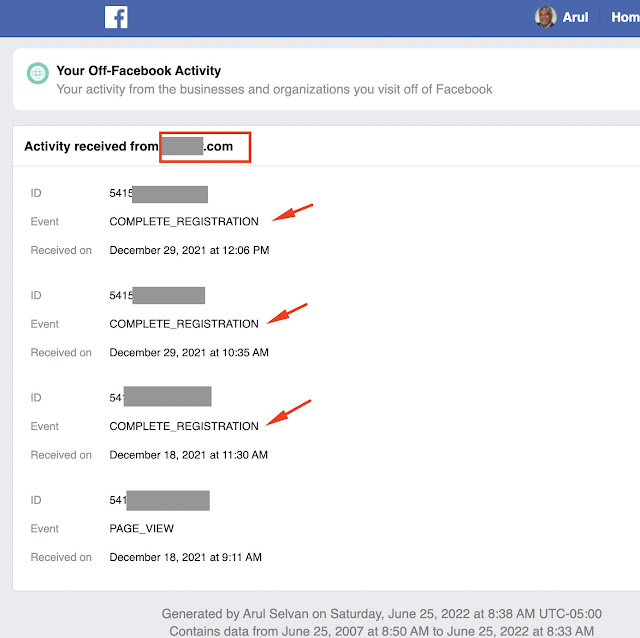While Apple, Google, and Microsoft are all very hard at work on a variety of passwordless schemes, passwordless logins will not be a reality at every website you visit anytime soon, simply because password-based login systems are the easiest and the cheapest to implement and most business, including banks/financial institutions are too lazy and don't want to do anything unless they are forced to implement a better solution. So we all have to continue using password manager for quite some time to come.
There are many commercial and free versions of password managers out there to choose from but most of them store your encrypted password somewhere on the cloud which has a potential to be compromised. What if a password manager stores literally nothing and is able to deterministically calculate your password every time you access it? Would that be cool? That is what I did with my deterministic password manager prototype below.
My website password.selvansoft.com creates deterministic password without storing anything on the cloud or local storage unlike many password managers. All you need to remember is your single passphrase, the website name (FQDN), username for each website to create or retrieve your strong password on the fly. For convenience, the password is copied to browser's clipboard so it can be pasted into the website's password field directly.
Note: Password length can be set to 8 char for old & outdated websites that still insists on 8 char but it is highly recommended to use 16 char. Also, fields are case sensitive to ensure high variability on generation of password.





